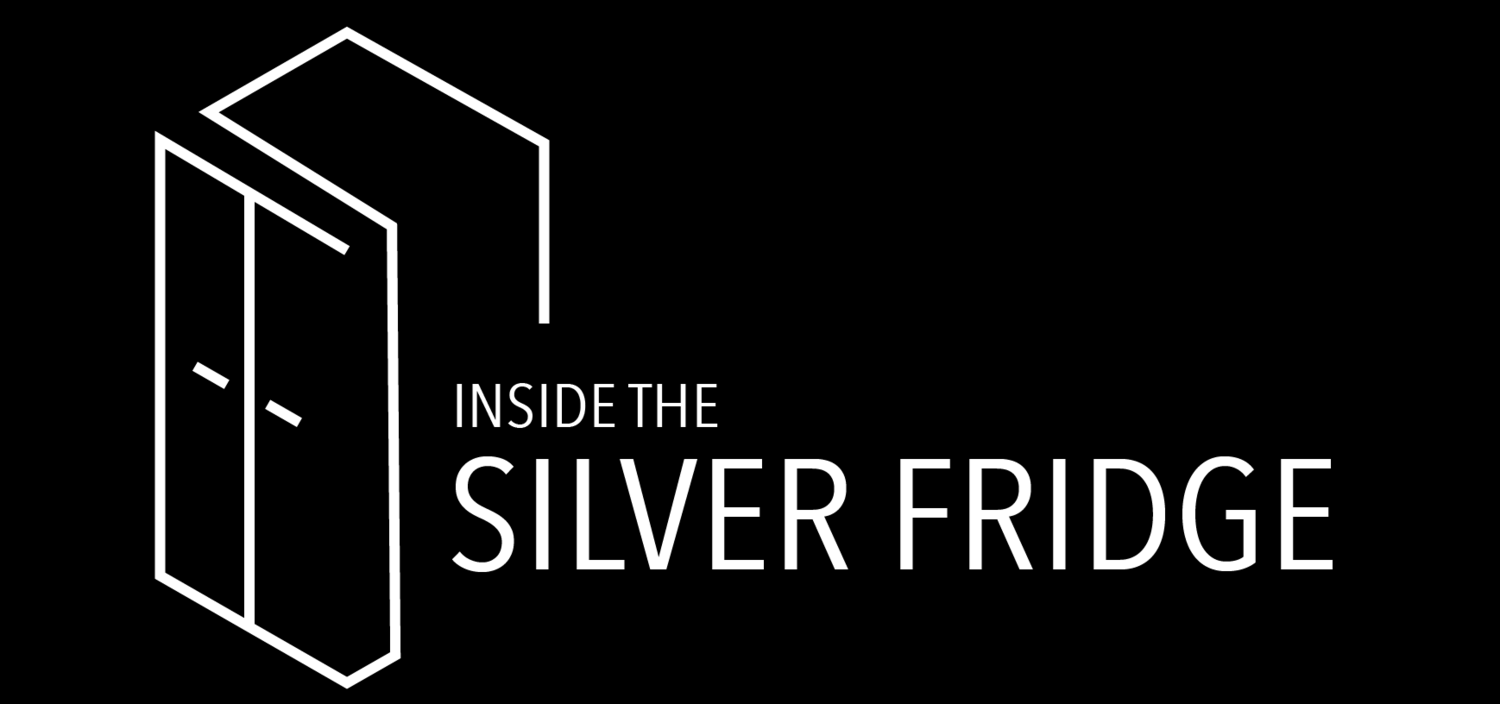What Medical School Doesn’t Teach You: Part One
/By Eric Warm
Me (to resident): “Why doesn’t medical school teach you about the nature of humanity?”
Resident: “Because we’re so far from it.”
This week the chief resident and I have been conducting exit interviews for residents completing our Long Block, a year-long ambulatory experience where residents manage a panel of patients within a large inter-professional team.
We ask residents to reflect on what they’ve learned and they often describe a slow realization of what it means to be part of a patient’s life.
Until they experience Long Block, most of their medical education has been transactional.
We do this thing (treat pneumonia) and then we do this other thing (discharge the patient). Most encounters have a beginning, middle, and end.
So residents come into Long Block ready to fix, to heal, to transact.
But diabetes doesn’t end. Neither does hypertension. Depression is sticky. So is pain.
The arc of the earth is so broad you can walk a mile thinking it’s flat.
So it is with a life.
Transitioning from transactional care to relationship-based is one of the great lessons of Long Block.
As one resident put it, they learned “to stop viewing the patient encounter as a 20 minute slot to discuss the disease and start viewing it as time to discover the person.”
And another: “Our health care system is not well set up for the complexity of the modern patient - so many disjointed providers all working in isolation, hoping that when they hear a scream someone else will call the police. The burden of chronic illness in [Long Block] patients is an eye opener. This isn't something that we see as much in the inpatient setting - just an isolated snap shot of an exacerbation. Pre-charting and seeing that the patient has been to their cardiologist, nephrologist, rheumatologist, dietician, PT/OT and whichever other healthcare provider since the last visit 2 months ago - it's daunting to think of this frail older person who has to brave the weather to make it to their appointments, usually on the bus. We may live longer now, but maintaining "health" after we've lost it is a full time job. I think I gained a better sense of what a "patient" is. The PCP's perspective is very broad...it is whatever the antonym of myopic is.”
A few years ago I was interviewing an applicant for the residency when he tried to impress me with his medical knowledge (yes that happens). He described a complicated case he had participated in. After telling me about the decision making, he said “and then we had to get the patient on board.”
“Time out,” I said. “You had to get the patient on board? Whose boat are we on?”
“Ours,” he said. We argued. I took him off my rank list right then.
We aren’t captains of a patient’s ship. We aren’t even the first mate. We’re not on the ship long enough.
Medicine needs both transaction (stent placement, colonoscopy, pneumonia cure, etc.), and relationship. Medical students write about both in their personal statements, but they mostly only know the former.
They feel like captains.
To learn to serve in a relationship is a difficult but important lesson.
As an educator, I am proud of our residents for learning it, and grateful that our residency creates the conditions where it is possible.
